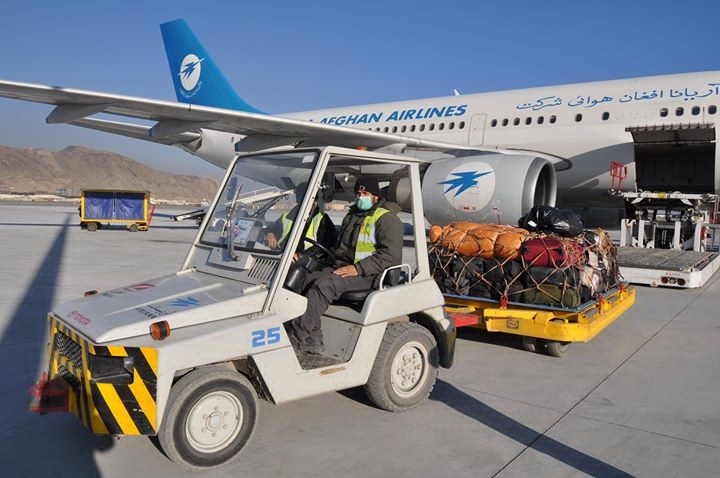In the wake of declining tension between Islamabad and New Delhi, Pakistan announced reopening of its airspace for civilian flights, thus enabling a number of regional countries and international airlines of resuming its services after a period of around five months. Afghanistan has welcomed Pakistan decision as almost its air services with India and other regional countries were badly affected. Five months ago, tension between New Delhi and Islamabad resulted war like situation when militant group Jaish-i-Muhammad claimed responsibility for an attack on February 2019 that killed 40 Indian paramilitary police in Indian controlled Kashmir. And in reaction the Indian Prime Minister Narendra Modi vowed to respond and take revenge, where few days after the attack India fighter jets crossed into Pakistani and bombed an area what the foreign ministry in New Delhi termed it a “non-military pre-emptive action” against armed group Jaish-e-Mohammed. However, this has left Pakistan with no other option but to impose airspace restriction, which negatively affected hundreds of commercial and cargo flights in the region and inflicted millions of US dollars loses to the region airline companies. Afghanistan Civil Aviation Authority has welcomed Pakistan’s decision regarding reopening of the airspace, saying Afghanistan Civil Aviation Authority will be committed to cooperate with all region countries. On July 3, the Indian Civil Aviation Minister Hardeep Singh Puri told his country’s upper house of parliament that the airspace closure had cost Indian airlines more than $ 80.1 m. The hostilities between India and Pakistan has not only posing adverse impacts on socio-economic sectors of both the neighboring countries but it also affects other regional and neighboring countries. In the wake of an end to previous so-called cold war, Afghanistan was emerged as an attractive destination for the regional countries. At that time, politicians in both Afghanistan and Pakistan attached great hopes in the wake of a new era based “unbreakable” relations between the two countries. Through Afghanistan, Pakistan was eyeing on Central Asian even European trade markets whereas Afghanistan was hopeful of further cementing its transit trade links via Pakistan with rest of the countries. People from politico-trade circles of Pakistan were hopeful of getting lion’s share in the reconstruction of war-ravaged Afghanistan. But unfortunately dreams regarding progress and prosperity smashed into pieces when the so-called cold war was followed by another era of extremism and terrorism. Now when almost of the world countries are voicing end to every sort of enmities and hostilities, therefore, leadership in both the neighboring countries must re-visit their policies towards each other. Only reopening of ground and air spaces for each other, Afghanistan and Pakistan could get a space in new era based on progress, prosperity and stability.

 Afghanistan Times
Afghanistan Times



